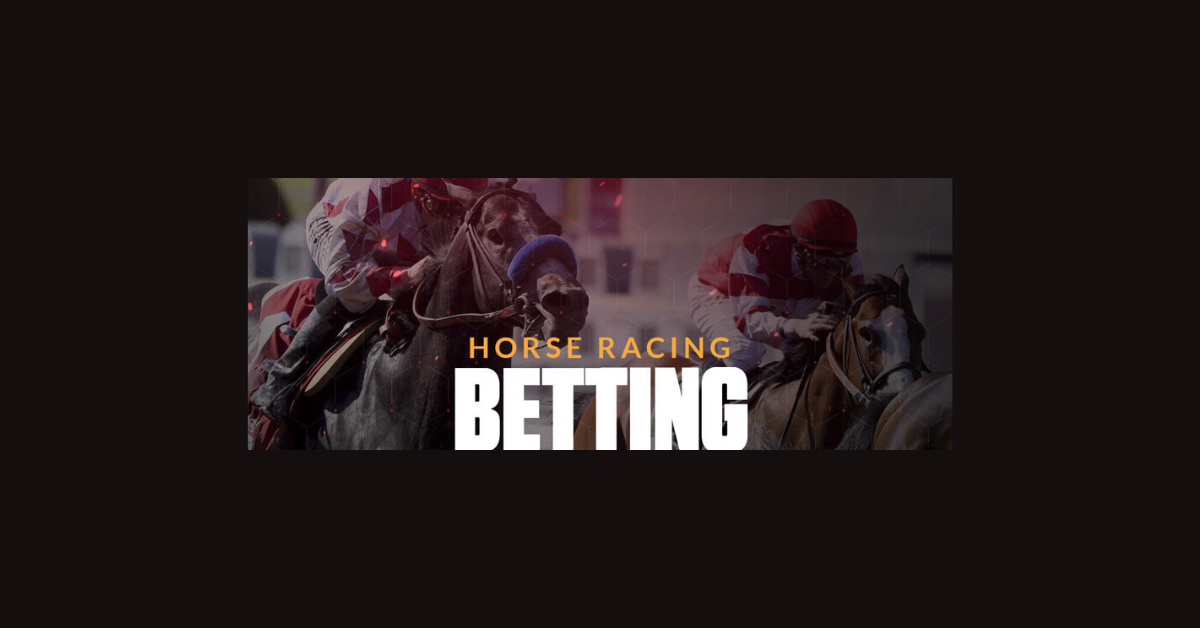Horse Racing Betting Terminology
When placing bets on horse races, it is essential to understand the terminology commonly used in the world of horse racing betting. Some fundamental terms include “Win,” which means betting on the horse that will come in first place, “Place,” referring to betting on a horse to come in either first or second place, and “Show,” which involves betting on a horse to finish in first, second, or third place. Additionally, the term “Exacta” denotes correctly picking the first and second-place finishers in the correct order, while “Trifecta” involves predicting the first three finishers in the exact order. Understanding these terms is crucial in making informed betting decisions at the racetrack.
Moreover, horse racing betting terminology also includes terms like “Superfecta,” which requires selecting the first four finishers in the correct order, “Daily Double,” where bettors pick the winning horse in two consecutive races, and “Quinella,” involving selecting the first two finishers in any order. Familiarizing oneself with these terms provides a solid foundation for navigating the intricacies of horse racing betting and increases the chances of making well-informed bets. By grasping these basic concepts, bettors can enhance their betting experience and improve their overall understanding of the exciting world of horse racing.
Understanding Wagering on Horse Races
Laying a bet on a horse race involves predicting the outcome of a specific race or multiple races. When wagering on horse races, it’s crucial to understand the odds offered for each horse. Odds represent the probability of a particular horse winning the race and help determine the potential payout for a successful bet. Wagering on a horse with lower odds may result in a lower payout, but the chances of winning could be higher compared to a horse with higher odds.
Moreover, it’s important to consider the type of bet you want to place when wagering on horse races. There are various types of bets available, such as win, place, show, exacta, trifecta, and more. Each type of bet offers different levels of risk and potential return. Understanding the different betting options and their associated risks can help you make informed decisions when placing your wagers on horse races.
Different Types of Bets on Horse Races
There are various betting options available to horse racing enthusiasts, each offering a different level of risk and potential reward. One of the most common types of bets is the “win” bet, where you simply wager on a particular horse to finish first in the race. This is a straightforward bet with a clear outcome – if your chosen horse wins, you collect your winnings.
Another popular bet is the “place” bet, where you bet on a horse to finish in either first or second place. While the odds for a place bet are typically lower than for a win bet, it offers a higher chance of winning since your horse only needs to finish in the top two positions. This can be a good option for those looking for a more conservative approach to betting on horse races.
How Odds are Calculated in Horse Race Betting
When it comes to understanding how odds are calculated in horse race betting, it’s important to know that odds are a reflection of the probability of a specific outcome occurring. In horse racing, odds are determined based on the perceived likelihood of each horse winning the race. The odds for each horse are calculated by taking into account various factors such as past performance, form, jockey, trainer, track conditions, and more.
In horse race betting, the odds are typically displayed in one of three formats: fractional odds, decimal odds, or moneyline odds. Fractional odds are most commonly used in the UK and Ireland, where the odds are expressed as a fraction (e.g. 5/1). Decimal odds are more common in Europe and Australia, where the odds are displayed as a decimal (e.g. 6.00). Moneyline odds are prevalent in the United States, where the odds are represented as either a positive or negative number (e.g. +500 or -200). Understanding how odds are calculated and being familiar with the different formats can help you make more informed betting decisions in horse racing.
Tips for Successful Horse Race Betting
When betting on horse races, it is essential to do thorough research on the horses, jockeys, trainers, and track conditions. Understanding the history and performance of each horse can provide valuable insights into their potential for winning a race. Additionally, keeping track of recent form and any changes in equipment or strategy can give you a competitive edge when placing your bets.
Another important tip for successful horse race betting is to set a budget and stick to it. It can be easy to get caught up in the excitement of betting, but it is crucial to only wager what you can afford to lose. By setting limits on how much you are willing to spend and being disciplined in your betting habits, you can ensure that you are not putting yourself at risk of financial strain.















